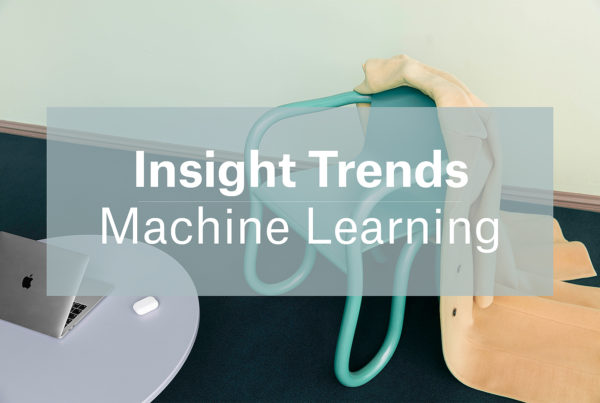The current trend towards a data-driven world is affecting everyone—including the pharmaceutical industry. As the volume and complexity of medical data grows and analytics methods continue developing, companies become more and more dependent on their ability to transform data into information that can be utilized in knowledge-based management, or KM
To get an insider’s view into knowledge-based management in pharma, we had a chat with Miika Linna, research manager and health economist at Aalto University and Health Economics and Outcomes Research Advisor at MedEngine.
When asked to briefly define ’knowledge-based management’, Linna bursts into laughter. “That’s about as difficult as asking me to define ‘management’ in a couple of words” he says, but quickly continues:
“Simply put, knowledge-based management is decision-making based on facts and evidence”.
According to Linna, healthcare-related data has long been collected and utilized to support various levels of management in healthcare organizations and pharma companies. Knowledge can be used to guide everyday actions, but it can also support strategic planning, developing successful operational models, as well as external reporting or communications with authorities. A common health economic evaluation of what has been done, to whom, and at what cost, is often combined with data related to patient outcomes.
At the moment, use of real-world data (RWD) is not very well-developed in most healthcare organizations. Pharmaceutical companies, however, seem to be well aware of the importance of data-driven management. According to Linna, pharma has actually been one of the first industries having to prove both true effectiveness and cost-effectiveness of their products.
For the pharma industry and healthcare organizations knowledge-based management provides a way to collect feedback on the market and on the product, and subsequently facilitate decision-making. However, knowledge, as such, is not nearly enough; it also has to be implemented into practice, which can sometimes prove to be tricky. Regardless, Linna thinks that this is likely to get easier as more healthcare and pharma professionals become better aware of the possibilities provided by the enriched information used in knowledge-based management.
Finland has several strengths supporting the implementation of data-driven management. Information on health care service utilization and health-related costs are readily available, and can be combined with other registry data using the Finnish personal identity code. The regional healthcare organizations are similar and not very fragmented, which allows them to be evaluated as a whole – or nearly, as occupational healthcare providers don’t provide any information to national registries.
On a national level, Linna sees that there are several key elements that enable efficient transformation of data into information that can support management:
- Uniform national standards for collecting comparable data in a well-defined manner
- Removal of regulatory barriers that may prevent efficient data utilization, as in the currently ongoing renewal of the law regulating the secondary uses of health and social security data
- Good data administration that makes possible the efficient handling and arranging of data
- Easy and effortless generation of data from the data source via user-friendly interfaces, for example
In the future, Linna believes that as digital systems evolve and allow ever more efficient data collection and utilization, there will be a growing need for skills in knowledge-based management. Furthermore, tackling the increasingly complex data is likely to require third parties who are able to produce new analytic methods.
Linna is hopeful that the vital importance of the secondary use of health care and social welfare data in knowledge-based management has now been recognized nationally. For individual patients, knowledge-based management promises high-quality treatments that are safer and cost-efficient, “We gain health while protecting tax payers”, he summarizes.
3 key knowledge-based management benefits for the pharma industry
1) Showing cost-effectiveness: ensuring payers and regulatory authorities about the effectiveness and cost-effectiveness of the drug
2) Gaining critical insight into the product
3) Gathering important information on the market of the drug
Miika Linna is a health economist who currently works as research manager at Aalto University, and as an external HEOR advisor at MedEngine. He has had a central role in developing and applying many of the Finnish national registries at the National Institute for Health and Welfare.
MedEngine and TurkuCRC will organize a joint symposium at the 2nd Nordic Congress on Real World Data in Helsinki on September 27th, 2017. Have a look at the details here.




